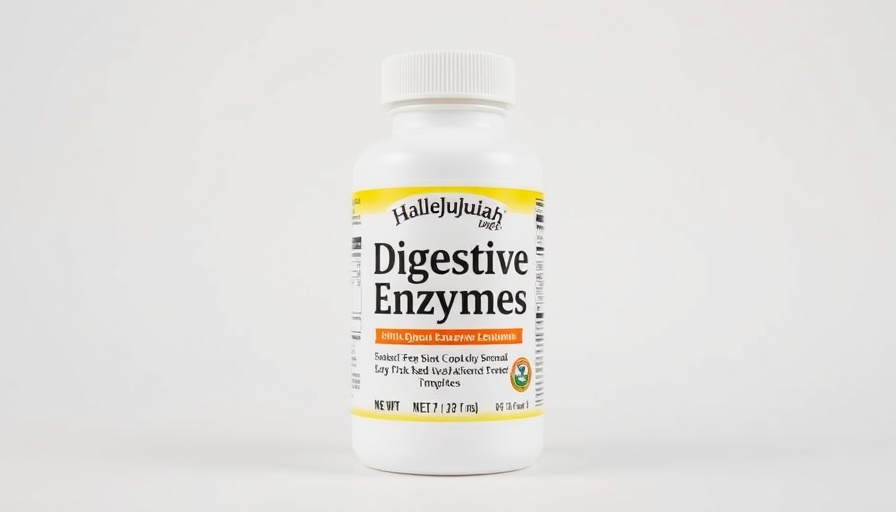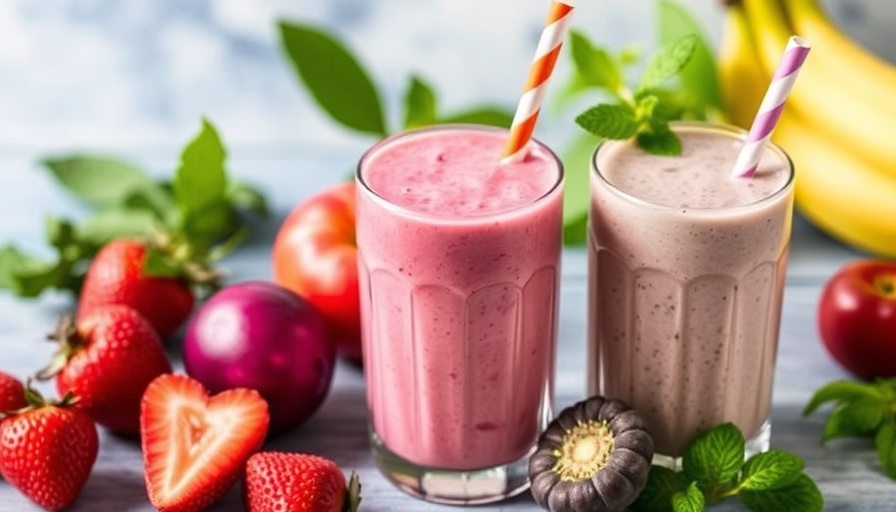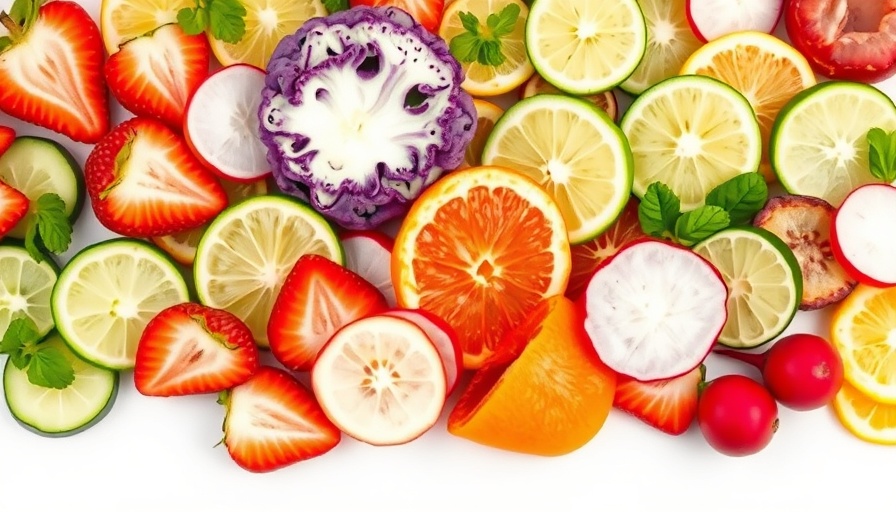
Why Hair Loss Happens: Unpacking Genetic and Lifestyle Factors
Every middle school class photo tells a tale of unruly hair, but by age 50, many of us face a stark reality—significant hair loss. Studies reveal that about 50% of men and women will experience thinning hair by this age. But what causes this troubling trend?
The leading culprit is genetics. Twin studies indicate that hereditary factors account for around 79% of baldness in men. Intriguingly, even identical twins can vary dramatically in hair retention due to lifestyle influences like stress, diet, and smoking. For instance, smoking not only harms overall health but also plays a significant role in developing male and female pattern baldness due to the DNA-damaging effects of tobacco.
Mercury and Hair: A Hidden Contribution to Hair Loss
While genetics plays a significant role, environmental toxins cannot be overlooked. Take mercury, for instance. Historically linked to poisoning, Shakespeare himself may have suffered hair loss due to mercury treatment for syphilis. Nowadays, the primary way mercury enters our bodies is through seafood consumption.
One compelling case involved a woman whose hair loss was traced back to high mercury levels from a tuna-rich diet. After adjusting her diet, her mercury levels decreased, leading to visible hair regrowth within months. This anecdote highlights the importance of considering dietary habits in the face of unexplained hair loss.
Preventing Hair Loss Through Nutritional Choices
Beyond avoiding harmful substances, certain foods might foster healthier hair growth. Basic nutrition is vital: ensuring your body doesn’t lack vitamin C can help as severe deficiencies lead to scurvy, which is known to cause hair thinning.
Interestingly, research indicates a link between poor dietary patterns (like meat-heavy or junk food diets) and an increased risk of hair loss. Conversely, protective associations have emerged for those who consume raw vegetables, fresh herbs, and legumes. Notably, those who regularly drink soy milk reported up to a 62% reduction in moderate to severe hair loss.
Food Choices that Encourage Hair Growth
The trajectory of hair health isn’t solely determined by what to avoid, but also by what to include in your meals. Recent studies have found that compounds from spicy foods, such as capsaicin from peppers, along with isoflavones from soy, could significantly promote hair growth. Just a quarter of a jalapeño daily could suffice to reach effective levels of capsaicin, while a modest intake of soy products can provide the necessary isoflavones.
Conclusion: Take Charge of Your Hair Health
Hair loss is a complex interplay between genetics, lifestyle choices, and diet. By understanding these factors and making informed nutritional decisions, anyone can give their hair the best chance for health and vitality. It's never too late to make small yet impactful changes to enhance your overall well-being and, specifically, your hair health. For those on a journey towards healthier hair, consider your dietary habits, reduce environmental toxins, and stay informed about what truly benefits your body.
 Add Row
Add Row  Add
Add 




Write A Comment